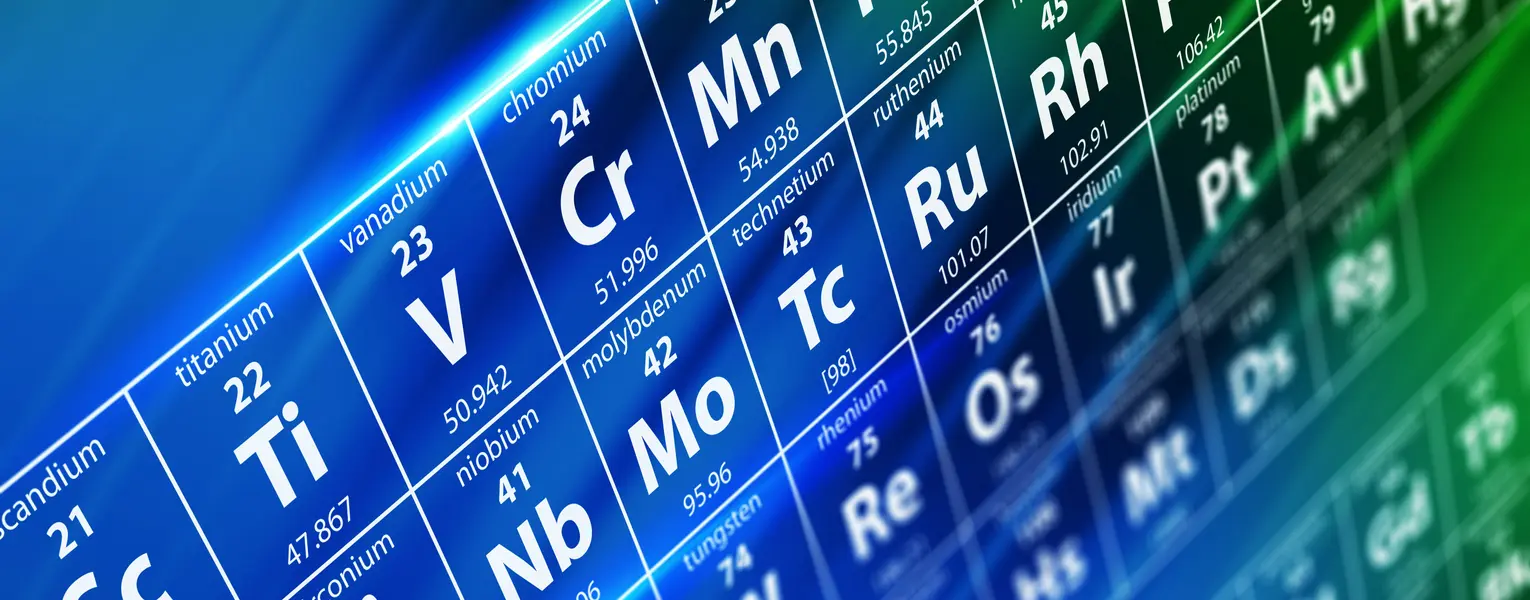Materials chemistry focuses on the rational synthesis of novel functional materials using a large array of existing and new synthetic methods. We design materials with specific useful properties by synthesizing and understanding how the composition and structure of the new materials influence or determine their physical properties in order to optimize the desired properties.
Materials Chemistry Technical Strengths
- Mechanical testing
- Microscopy
- Spectroscopy
- Modeling
- Applied materials synthesis
- Thermal analysis
- Biomaterials
- Polymer composites
- Biomechanics
- Medical device failure analysis
- Specialized testing
- Surface engineering and surface engineering facility
Other Materials Chemistry Strengths
- Materials physical and analytical chemistry
- Process and molecular modeling
- Polymer composite processing
- Intelligent polymer processing
- Sensors
- Electrochemistry
- Raman Imaging Spectroscopy
- Materials synthesis
- Catalysis
- Inorganic materials
- Organometallics
- Organic synthesis
- Polymer synthesis
- Polymer characterization
- Plastics fabrication
- Polymeric biomaterials
- Medical plastics
- Polymeric medical devices and components
- Microscopy
- Spectroscopy
- Microtomy
Biomaterials and Biomechanics Biomaterials
- Tissue engineering
- Polymer scaffolds
- Microtomy
- Specialized characterization
- Microscopy
- Spectroscopy
- Metallic biomaterials
- Device failure and analysis
- Materials characterization
- Porous materials
- Mechanical testing
- Biomechanics
- Finite element analysis
- Bone mechanics
- Tissue micromechanics
- Probabilistic biomechanics
- Specialized device and materials testing and test methodology
- Mechanical testing
- Coating technology
- Surface treatments
- Ion implantation
- Ion beam assisted deposition
- Tribology
- Coating characterization

